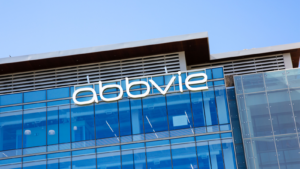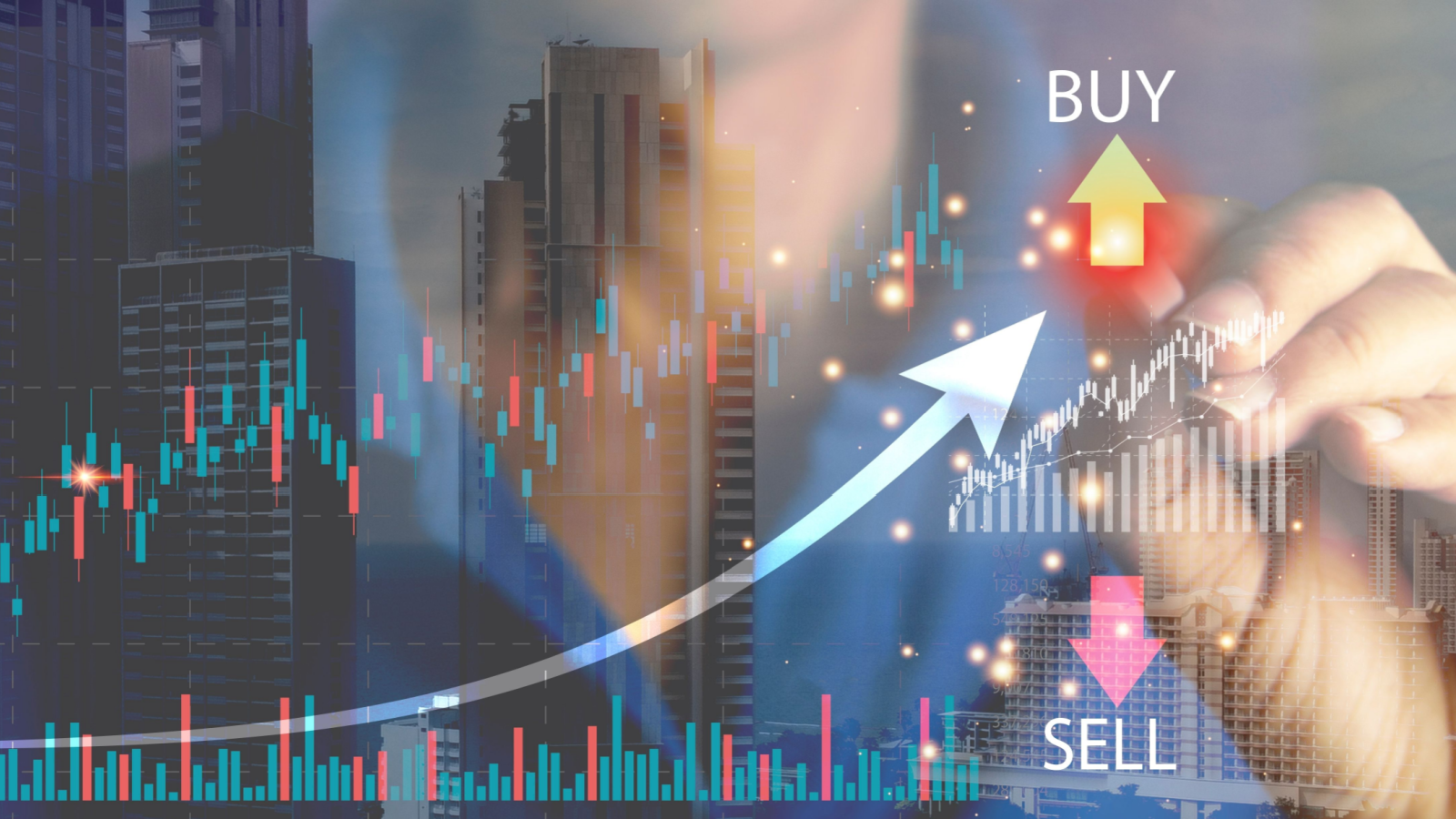Everything looked like it was coming undone last week. As recession fears gripped the market, the S&P 500 tumbled 3% in a single day. The Nasdaq 100 lost more than 1,000 points at one point, its worst loss ever, before regaining some of the lost ground.
Although the situation turned markedly better by Tuesday and continued improving as the week progressed, the whipsaw event still has investors cautious. Wild swing trades can often signal a new, worse crash is coming. That’s why it’s important to prepare for the worst and hope for the best.
Finding the best stocks to buy to protect your portfolio from another crash by the benchmark index is critical to having peace of mind during the downdraft. Buying solid companies with good, long-term growth prospects ensures you will come out of any correction relatively unscathed.
The three stocks below represent some of the best stocks to buy for long-term wealth creation.
Best Stock to Buy No. 1: AbbVie (ABBV)

Pharmaceutical giant AbbVie (NYSE:ABBV) is best known for its rheumatoid arthritis drug Humira, but after patent expiration, the therapy has been losing sales. Although second quarter Humira sales were $2.8 billion, that’s down 30% year-over-year. Fortunately, the pharma stock has a portfolio of strong drugs to take its place. Skyrizi sales surged 44% from last year to $2.7 billion and Rinvoq rocketed 55% higher to $1.4 billion. AbbVie also has strong marketed and pipeline drugs that will be able to replace Humira.
Yet ABBV stock is still attractively valued. Shares trade at just 10 times next year’s earnings estimates and 18 times the free cash flow (FCF) it produces. The pharmaceutical stock also pays a dividend that yields 3.2% annually, and it has raised the payout every year since it was spun off from Abbott Laboratories (NYSE:ABT) in 2013.
Because of Humira’s dwindling contribution, analysts forecast sales will drop 6% this year to $50 billion before rebounding in 2025 to almost $54 billion.
Realty Income (O)

Real estate investment trust (REIT) Realty Income (NYSE:O) is the second stock to buy to protect your portfolio from the next S&P 500 crash. It has over 15,450 properties with over 272 million square feet of mostly retail space. Its tenants are all top-tier retail stocks including Walmart (NYSE:WMT), Costco (NASDAQ:COST) and Dollar General (NYSE:DG).
Because it operates under a triple net lease basis, its tenants are responsible for paying taxes, insurance and maintenance costs. That results in significant cost savings for O stock. The REIT pays a monthly dividend that yields 5.2% annually and has made the payout for 649 consecutive months. It has also raised the dividend 126 times since listing on the NYSE in 1994.
The promise of interest rate cuts is lifting Realty Income’s stock. It is up 27% from its lows and is 5% higher year-to-date. Wall Street forecasts earnings will rise 8% this year, followed by a 21% increase next year to $1.65 per share.
Visa (V)

Premier payments processor Visa (NYSE:V) is the third stock to buy in case of a crash. With over 4.3 billion Visa cards in circulation, Visa generated $14.5 trillion in total payments and cash volume in its last fiscal year. Fiscal third-quarter revenue rose 10% to $8.9 billion on an 8% increase in payments volume. Cross-border volumes rose 14%.
However, Visa stock is flat for the year. High interest rates and inflation have weighed on its performance but shares have bounced 14% off their lows. While a recession could impact growth as consumers reduce spending, the following growth would wipe away all the declines. A $10,000 investment in V stock during the 2008 financial crisis would be worth over $207,000 today.
And you’re not buying Visa just for capital appreciation. Although its dividend yields less than 1% annually, the payments processor has grown the payout at double-digit rates for over a decade. This makes V one of the best stocks to buy, no matter what the market is doing.
On the date of publication, Rich Duprey held a LONG position in ABBV and O stock. The opinions expressed in this article are those of the writer, subject to the InvestorPlace.com Publishing Guidelines.
On the date of publication, the responsible editor did not have (either directly or indirectly) any positions in the securities mentioned in this article.
